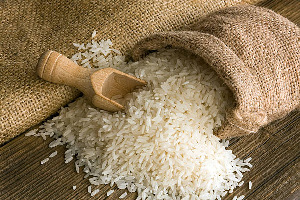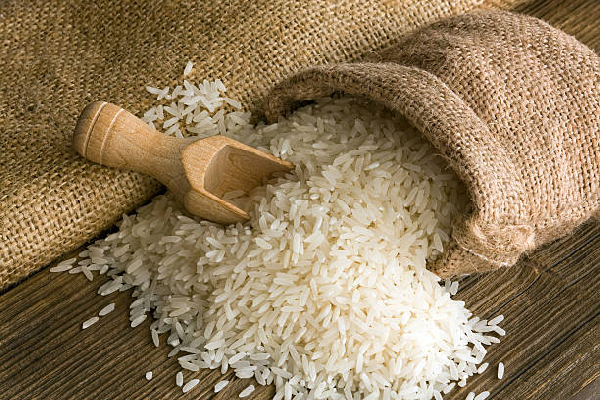 Over 100,000 tonnes of maize and rice unsold as imports flood market
Over 100,000 tonnes of maize and rice unsold as imports flood market
Ghana’s maize and rice sector is facing a severe crisis, with over 100,000 metric tonnes from the 2024 harvest still sitting in storage unsold.
The Chamber of Agribusiness Ghana (CAG) has warned that the glut is pushing farmers into debt and threatening the viability of local processors.
According to the chamber, this is due to the influx of cheap imports and widespread smuggling of low-quality grains.
These practices, they noted, have created unfair competition, forcing farmers to sell their produce below cost while undermining domestic food security.
Ghana to hit single-digit inflation earlier than expected – BoG
With the 2025 harvest season just weeks away, CAG cautions that the situation could worsen, collapsing mills, destroying livelihoods, and eroding Ghana’s long-term food sovereignty.
Already, some maize processors and rice millers have scaled back operations, with several closing their doors entirely.
In a statement quoted by citinewsroom.com, the chamber noted that smuggled rice and maize, which bypass taxes and quality inspections, are being dumped on Ghanaian markets at prices local producers cannot match.
Beyond destabilising the grain value chain, the group also flagged concerns about collusion between smugglers and corrupt border officials, warning that the state is losing vital revenue through tax evasion.
CAG, however, is calling on the government to step in with decisive measures urgently.
Among its recommendations are tighter border enforcement, guaranteed minimum prices for farmers, and policies compelling public institutions such as the School Feeding Programme, the Armed Forces, and the Prisons Service to prioritise locally grown grains.
The chamber also urged financial backing for millers to purchase stocks at harvest, alongside longer-term investment in irrigation, rural roads, storage infrastructure, and cold chain systems.
These, it argued, are critical to making Ghana’s maize and rice competitive against imports.
“Supporting domestic grain production is not just about protecting farmers, it is about safeguarding jobs, strengthening local industries, and securing Ghana’s food future,” the chamber emphasised.
They are also calling for an urgent dialogues between the government, farmer groups, and private sector players ahead of the new harvest.
SSD/AE
Watch the latest edition of BizTech below:

